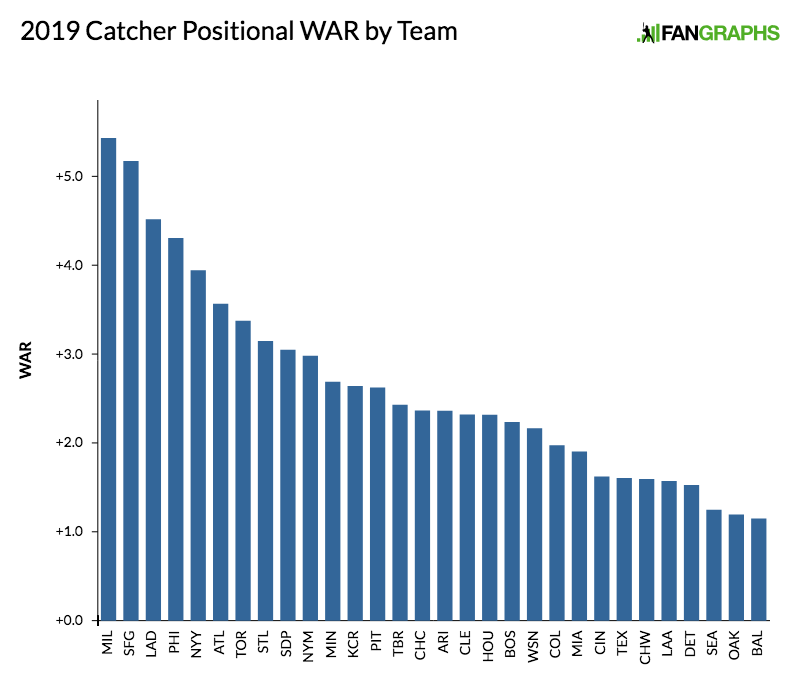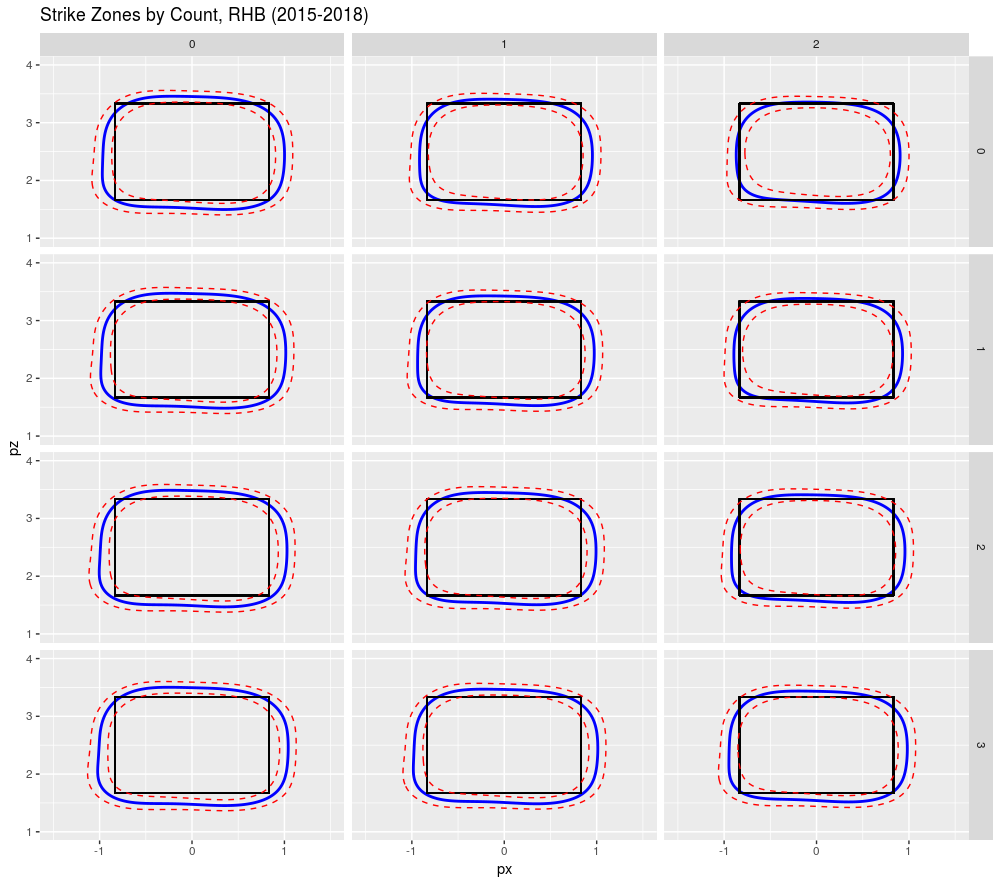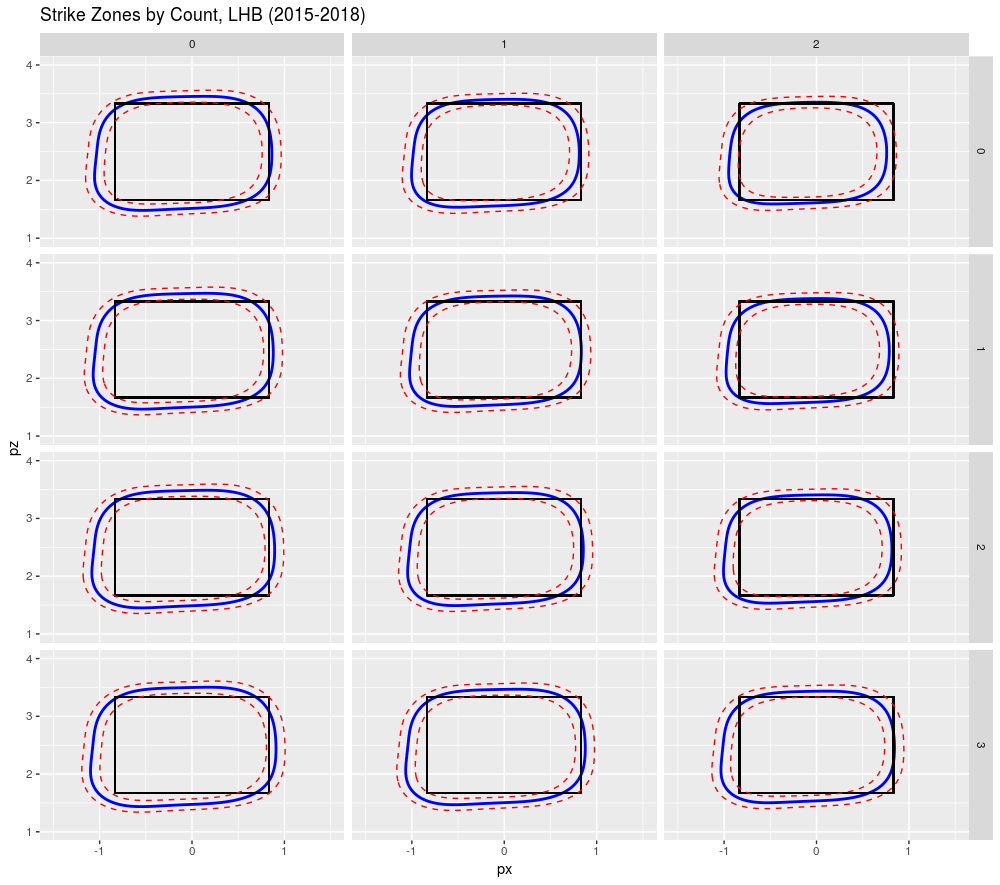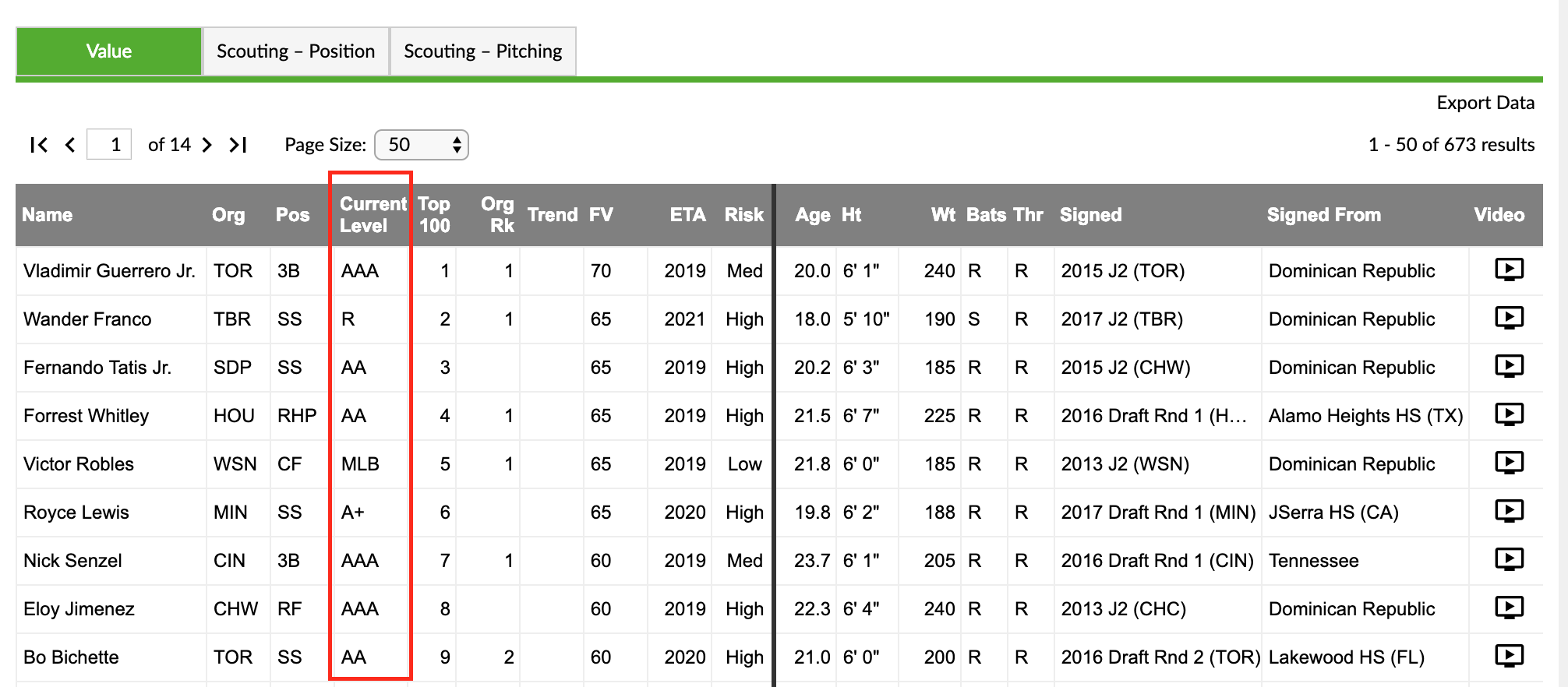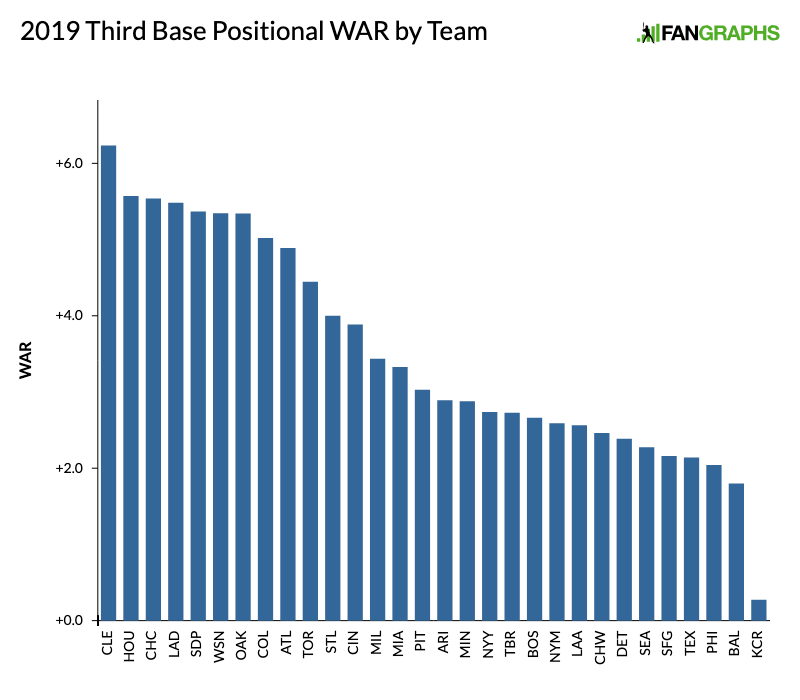It has been a few weeks now since Bryce Harper’s contract with the Phillies was finalized, and we’ve all mostly moved on with our lives.
I live in the Washington, D.C. area, and most people around here aren’t happy that Harper left for Philadelphia; many were more upset about where Harper chose to sign than the idea of him leaving at all. I was recently listening to local sports talk radio discussing the Harper signing. They did not make the most glowing comments about the city of Philadelphia, and they couldn’t believe that any player would sign a 13-year contract to play there. They were also taken aback by the full no-trade clause and the lack of opt-outs in the deal.
I’ll give them the latter; the lack of opt-outs in Harper’s contract was indeed a surprise to many. But as for the full no-trade clause, it’s not really as impactful as one might otherwise think.
I present to you Article XIX, Section A, Subsection (1) of the Collective Bargaining Agreement, otherwise known as the 10-and-5 rule:
The contract of a Player with ten or more years of Major League service, the last five of which have been with one Club, shall not be assignable to another Major League Club without the Player’s written consent.
Basically, what this is saying is that after a player has accrued 10 years of major league service time, while also spending at least five years with their current organization, they have full no-trade rights. While people made a huge deal about Harper’s willingness to stay in Philadelphia for 13 years, the biggest indication of that willingness did not come through the no-trade clause at all. It’s something that he would have gained after his fifth season with the club. It’s only significant for the first five years of his contract, years during which the Phillies probably had no desire to trade him anyway. And even if the Phillies wanted to trade him, they might have trouble trying to unload his contract either way.
Just for fun, let’s consider how like it is that the Phillies would want to trade Harper within the first five years of his contract.
To start, the first five seasons are likely to be his best five seasons in the deal. He’s only just heading into his age-26 season, so 2019 through 2023 would only take him through age 30. Looking at the basic baseball player aging curve, these are likely to be the most productive seasons of Harper’s contract and potentially of his career.
Here’s how ZiPS projects Harper to produce through 2023:
ZiPS Projections For Bryce Harper, 2019-2023
| Year |
G |
AB |
BA |
OBP |
SLG |
HR |
RBI |
OPS+ |
DR |
WAR |
| 2019 |
149 |
516 |
.271 |
.407 |
.537 |
35 |
109 |
146 |
-4 |
4.7 |
| 2020 |
147 |
507 |
.268 |
.408 |
.540 |
35 |
109 |
147 |
-5 |
4.7 |
| 2021 |
145 |
498 |
.263 |
.405 |
.532 |
34 |
106 |
144 |
-5 |
4.3 |
| 2022 |
141 |
482 |
.266 |
.409 |
.529 |
32 |
101 |
144 |
-5 |
4.2 |
| 2023 |
136 |
466 |
.262 |
.406 |
.519 |
30 |
96 |
141 |
-6 |
3.8 |
SOURCE: Dan Szymborski’s ZiPS projections
Harper is projected to hit a total of 166 home runs, maintain an OBP above .400, and produce nearly 22 WAR. Clearly, if Harper even comes close to meeting these projections, there’s no way that the Phillies would want to trade him. That production is exactly what they were looking for when they signed him.
But what if Harper gets injured? Or worse, doesn’t play well?
That would make things a little bit more complicated. Harper’s contract won’t just disappear, and that itself makes him pretty much untradable anyway. Only teams like the Yankees, Red Sox, and Dodgers would likely be willing to take on a contract of that size, and if Harper is not producing or is injured, there’d likely be even less of a desire to want to take on the final eight-plus seasons of his deal.
There is one other scenario in which the Phillies might want to trade a good Bryce Harper. Similar to the Marlins and Giancarlo Stanton (who was in the midst of his $325 million deal), the Phillies could see their rebuild go awry. In this unlikely event, the Phillies might want to shed Harper’s salary and try to trade him. New York, Boston, and Los Angeles again would make sense as Harper’s likeliest potential suitors; another team could theoretically jump in, but his market would still be limited. After all, it was the Yankees that took on Stanton’s huge contract when the Marlins decided they didn’t want it. Still, it is a scenario that Harper — who told The Athletic’s Meghan Montemurro, “[F]or me, it’s about being somewhere for a long period of time, making my family, digging my roots, for the good, for the bad.” — was likely keen to guard against.
Here’s a breakdown of Harper’s payment structure, as outlined by Baseball-Reference:
Bryce Harper’s 13-Year, $330 Million Contract
| Age |
Year |
Contract |
| 26 |
2019 |
$11,538,462 |
| 27 |
2020 |
$27,538,461 |
| 28 |
2021 |
$27,538,461 |
| 29 |
2022 |
$27,538,461 |
| 30 |
2023 |
$27,538,461 |
| 31 |
2024 |
$27,538,461 |
| 32 |
2025 |
$27,538,461 |
| 33 |
2026 |
$27,538,461 |
| 34 |
2027 |
$27,538,461 |
| 35 |
2028 |
$27,538,461 |
| 36 |
2029 |
$23,538,462 |
| 37 |
2030 |
$23,538,461 |
| 38 |
2031 |
$23,538,462 |
SOURCE: Baseball-Reference
The yellow line designates the season in which Harper would have earned his 10-and-5 rights. In a world where he did not have a no-trade clause and the Phillies tried to trade him before reaching those rights, an acquiring team would be on the hook for eight years and $208 million. Of course, the Phillies could kick in some money, but if Harper was so undesirable that they felt it was necessary to dump him, it might not even be worth dealing him. They’d have no leverage, limited suitors, and an aging, expensive star.
This does not mean that Harper shouldn’t have tried to include a no-trade clause in his contract, however. Harper obviously plans to stay in Philadelphia for all 13 years, and this just adds extra protection so he can achieve that goal.
But in a world where there wasn’t a no-trade clause in Harper’s contract, the odds that the Phillies would have traded him before he reached his 10-and-5 rights seem to be minuscule, which would seem to suggest that Harper’s no-trade clause was mostly just a matter of form.

